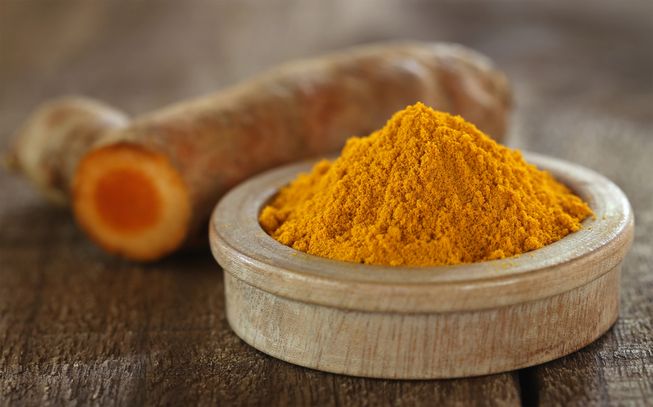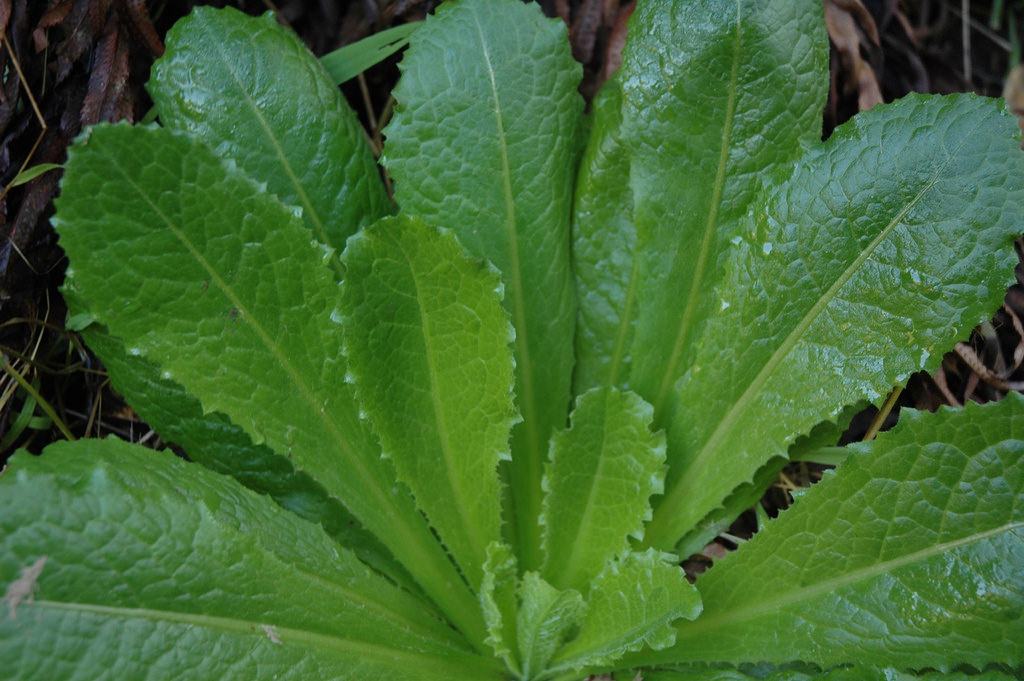
Advertisement
When it comes to healing plants, there’s nothing quite like echinacea.
Also called purple coneflower, echinacea is one of the oldest medicinal plants known to man, with Native Americans having used it for centuries to treat various ailments.
Three echinacea species are used extensively in medicine today: Echinacea angustifolia, Echinacea pallida and Echinacea purpurea.
Today, echinacea preparations — most of which are a blend of the three species — are best known as over-the-counter herbal remedies for the common cold and flu, as well as other health issues such as inflammation and migraines.
These therapeutic benefits, according to experts, stem from the wide range of phytochemicals present in the echinacea plants, with each component versatile — and potent — enough to be used for multiple applications.
Echinacea contains several phytochemicals that play a role in its therapeutic effects. These include polysaccharides, polyphenols, alkamides, volatile oils, and flavonoids.
Caffeic acid, for instance, is a polyphenol that is thought to contribute to the antioxidant and anti-inflammatory properties of echinacea. The plant’s alkamides and polysaccharides, on the other hand, are predominantly thought to have stimulatory effects on the cells of the immune system and are thought to boost its function against pathogens.
What else can echinacea be used for?
Aside from helping treat colds and the flu, echinacea is now being used to address various illnesses, including urinary tract infections, vaginal yeast or candida infections, ear infections or otitis media, athlete’s foot, sinusitis and even hay fever or allergic rhinitis. It is also used to speed up slow-healing wounds.
Also, because of the potency of its components, researchers claim that echinacea can be used as a potential treatment option for the following diseases:
- Cancer
- Chronic pain
- Arthritis
- Anxiety and depression
- Diphtheria
- Tuberculosis
- Blood infections
- Genital herpes
- Malaria
- Syphilis
- Typhoid fever
How do I take echinacea?
Echinacea is available in most health food stores as a supplement in capsule form. It is more common, however, to see it offered as a tea made from dried plant parts. It is also available as an oil and extract.
Echinacea, as noted by experts and long-time users, can also be prepared as tea using fresh plant parts such as flowers, leaves, stems and roots.
In addition, it is also quite easy to grow and dry the plant, which means you’ll always have a batch of this potent herb on hand.
One must note, however, that echinacea herbal tea has a very strong floral and yet bitter flavor that might take a while to get used to.
The good thing though is that echinacea tea can be made more palatable by adding some sweetness in the form of raw manuka honey, agave or stevia. You can also add milk, whether dairy or vegan, to improve its taste.
Feeling a bit experimental? Don’t worry, you can also try and pair echinacea with other herbs such as mint and lemongrass or even fruit such as citrus and dried berries to help mask its strong flavor.
With that said, here is a basic recipe that you can try so you can brew your own echinacea tea in the comfort of your own home:
Echinacea Herbal Tea
Gather the following ingredients and follow the steps to make echinacea tea.
Ingredients:
- 1 Tablespoon dried organic echinacea OR 2 Tablespoons fresh, organic echinacea
- 10 ounces, filtered water
- Any natural sweetener, if desired
Preparation:
- Bring water to a boil using a stove-top pot or a tea kettle.
- Turn the heat down to medium once the water boils and add in the echinacea.
- Place a lid on the pot and let steep for 5 to 10 minutes.
- If using a tea kettle, simply pour the boiling water into a teacup and add the echinacea to a tea ball or tea infuser. Steep for 5 to 10 minutes.
- Strain the loose flowers, roots or leaves from the pot before serving.
- Add flavorings or sweeteners such as honey and lemon if desired.
- Serve and enjoy!
Stress can cause our immunity to plummet, and in today’s unpredictable times, that could cause a lot of undue trouble. It’s a good thing that health-supporting herbs such as echinacea can help keep stress from impacting our health too much.
Despite echinacea’s potency, however, one has to remember that it’s also important to consume a healthy diet rich in organic fruits, herbs and vegetables as well as adopt a more active lifestyle to truly boost our natural immunity.
Sources:
Advertisements







